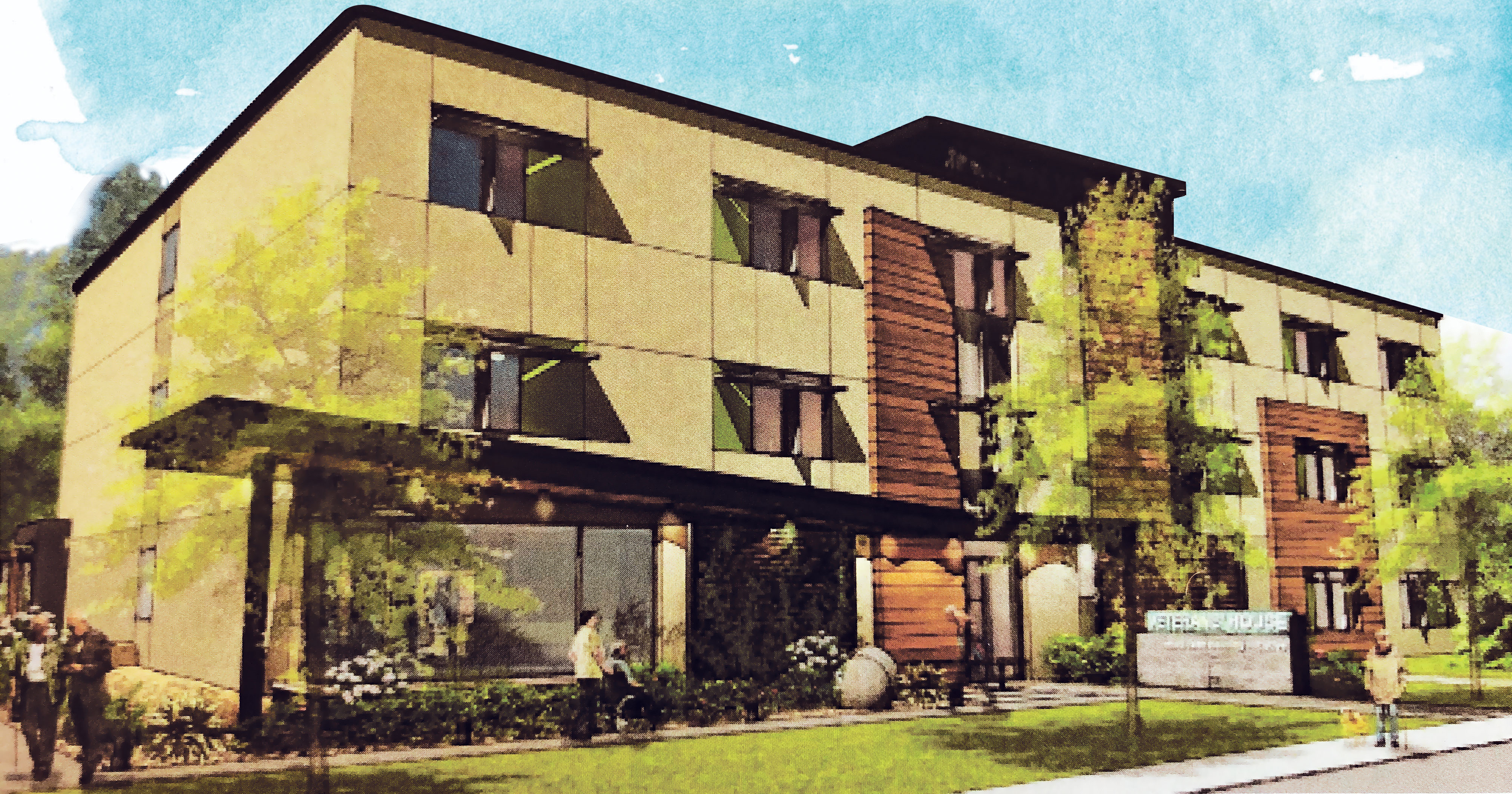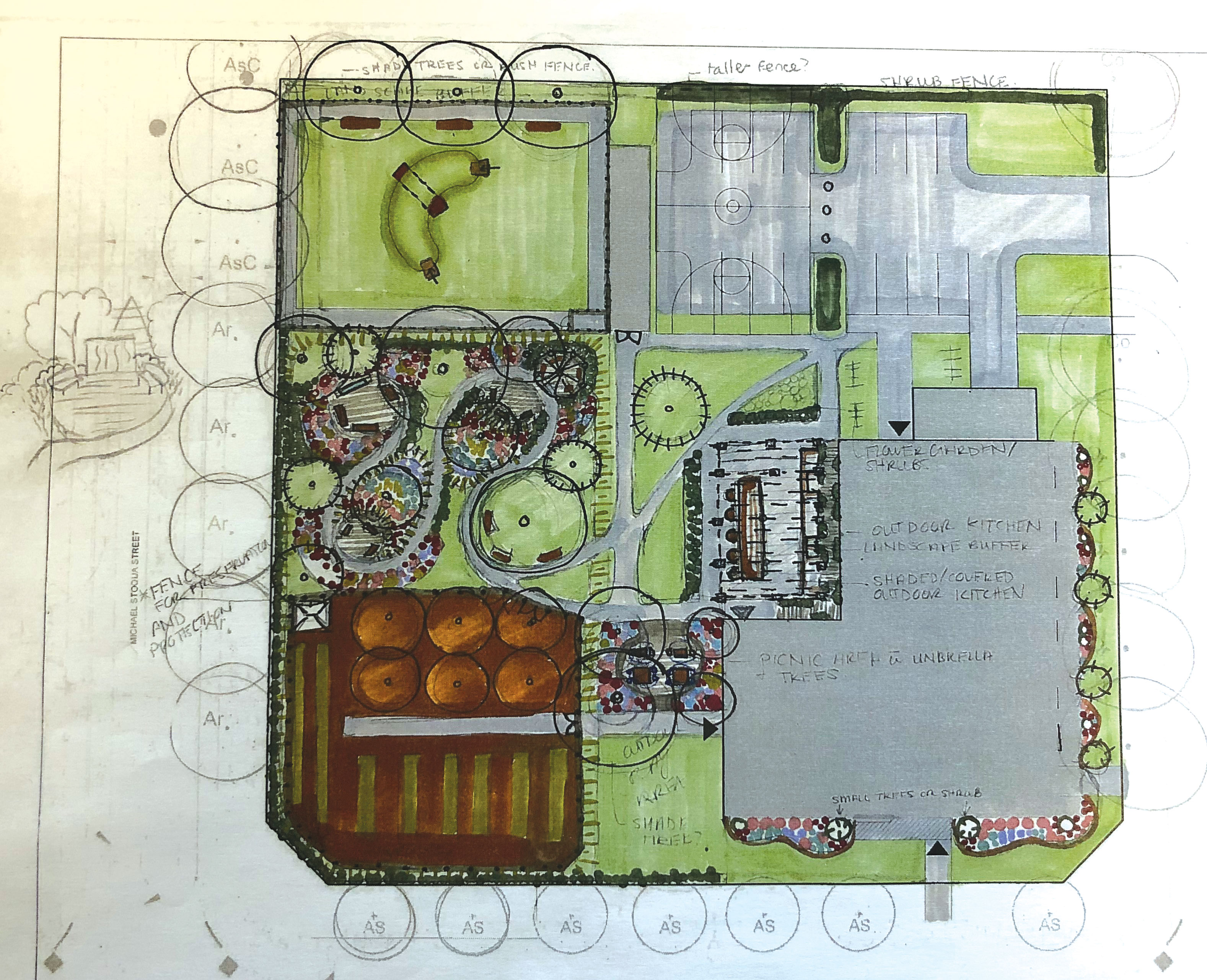If all goes as planned, sometime in August, ground will be broken for a project that will not only provide stable, supportive housing for homeless veterans in Ottawa, but serve as a template that can be copied elsewhere.
“We know it’s needed not just here; it’s needed across the country,” said Suzanne Le, executive director of the Multifaith Housing Initiative (MHI), which is building the 40-unit supportive housing project on former Canadian Forces Base Rockcliffe in Ottawa.
The project is the result of a harmonic convergence in 2013: a municipal forum on homeless veterans, followed by solicitation of ideas from the community for a commemorative project to include in the redevelopment of the airbase.
Instead of erecting a statue or naming a road or building in honour of veterans, MHI proposed Veterans’ House, specifically designed as stable, longer-term housing with built-in mental-health support for homeless veterans, who make up 8.5 per cent of those in Ottawa’s homeless shelters.
“If you’re living on the streets, you’re there for a reason,” said Le. “That reason usually has to do with mental health or addictions. Just giving someone a unit is not going to save them. You have to wrap around them all the supports they need in order to get back on their feet.”
MHI organized a think tank to tweak the design to meet the particular needs of homeless veterans dealing with mental-health issues. The residence will include quiet indoor spaces and calming gardens with winding paths, water features and an area for veterans to walk service dogs. There will be indoor and outdoor exercise facilities, individual rooms when residents want privacy and communal spaces for socializing.
Ottawa Salus, which provides affordable housing and services to adults with serious mental illness, agreed to manage the project’s in-house mental-health support. Other partners and shareholders include Veterans Affairs Canada, Soldiers Helping Soldiers, Ontario Command and District G of The Royal Canadian Legion, True Patriot Love, Helmets to Hardhats, Support Our Troops and the Canadian Forces Morale and Welfare Services.
Veterans’ House plans are meant to be shared, said Le. “We’re documenting everything, even the way…contracts are written, just so we have a model that can literally be picked up and replicated across the country.”
The plans can be adapted to fit unique community needs. In fact, the plan for Ottawa’s Veterans’ House had to change along the way. It was originally intended to house 16, but as estimates of the number of homeless veterans grew and grew, the design was expanded to house two dozen, then 30, then 35. The project was capped at 40, in order to maintain the feeling of community.
Community is important in helping homeless veterans, as shown by the success of a two-year pilot project in providing supportive housing for homeless veterans in 2012-14. It takes a village to help homeless veterans get back on their feet.
The project, supported by the federal Homelessness Partnering Strategy and Veterans Affairs Canada, evaluated housing and support services provided to veterans in 56 units in four cities. The housing ranged from single-family dwellings to private apartments and shared accommodation.
The veterans had been homeless an average of 5.8 years, with one reporting homelessness for 30 years. On average, veterans had left military service 28 years earlier, and they became homeless after a long period of destabilization.
Veterans were assigned VAC caseworkers and provided clinical care where needed, and plenty of social support, both formally through veterans organizations like the Legion and the Operational Stress Injury Social Support network, and informally from neighbour veterans. The report said the soldier-helping-soldier ethic worked since “veterans consistently voiced a desire to
re-engage with military culture.”
The project showed that providing more permanent housing encouraged development of structure and routine that gives veterans the stability to better address physical- and mental-health issues. That in turn improved self-esteem, which improved health outcomes.
Visits to hospital, emergency services and drop-in centres fell during the length of the study, while use of food banks increased.
The project, “created an opportunity for veterans, many of whom had spent years on the streets or on the verge of homelessness, to achieve new stability in their lives,” concluded the report on the project.
The pilot project was a success. “The integrated approach improved access to much needed resources including income supports, medical, mental health and addiction treatments and provided an opportunity for psychosocial healing and reconnection to military culture and family supports.”
Veterans’ House is another example of such supportive housing.
Le’s first hope is that Veterans’ House will open in time to host a Remembrance Day ceremony in 2020.
Her second is that it will inspire duplicate facilities across the country. “We could really do something fabulous that has long-term impact for the most vulnerable veterans.”
Advertisement





















